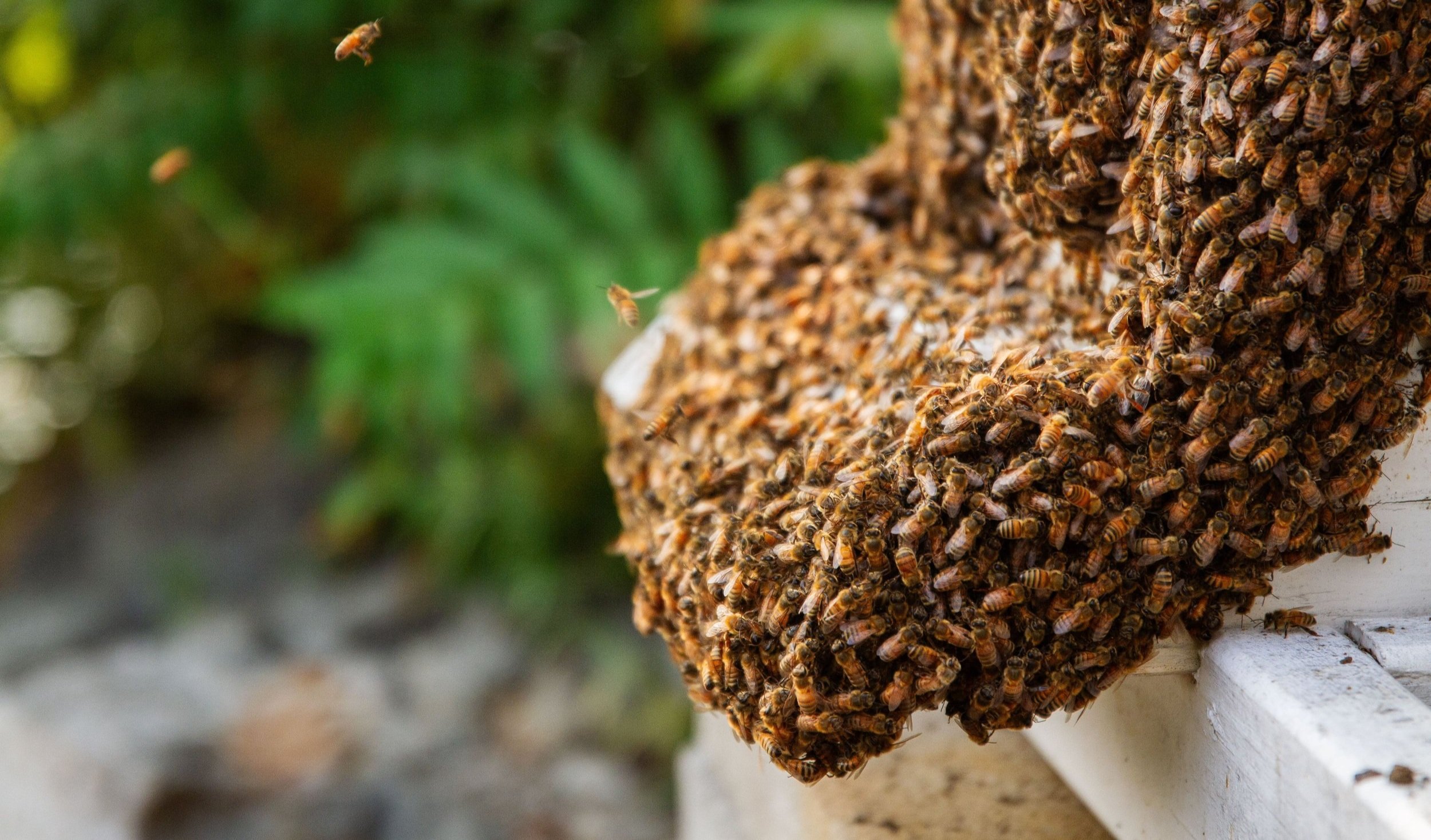
Centennial Park
Bees & Honey
Discover the busy pollinators that support the Park’s ecosystem.
As part of the Centennial Park Revitalization effort, the Park is home to thriving bee hives. The Park's ecosystem is greatly strengthened by the estimated 300,000 honey bees that call Lake Watauga home.
In 2015, bees were introduced to the island in the middle of the lake by Metro Parks to support pollination of existing plants, as well as trees and shrubs throughout the Park. Ongoing care for the hives are provided by Nashville Area Beekeepers Association through funding from Centennial Park Conservancy donors and proceeds from the annual Nashville Earth Day festival.
Centennial Park Honey is available to purchase now at the Parthenon's Museum Store or in our online store.
300,000+
Bees call Lake Watauga home every year
15
Gallons of honey are harvested annually from the Park
2,491+
Miles are flown by bees to make one pound of honey (more than once around the world!)
250+
Million flowers are pollinated per day
2+
Miles are traveled by bees from their hive to find flowers for nector
BUY HONEY
Centennial Park Honey is available to purchase online or at the Parthenon Museum Store.
Get something sweet and help support the Park!
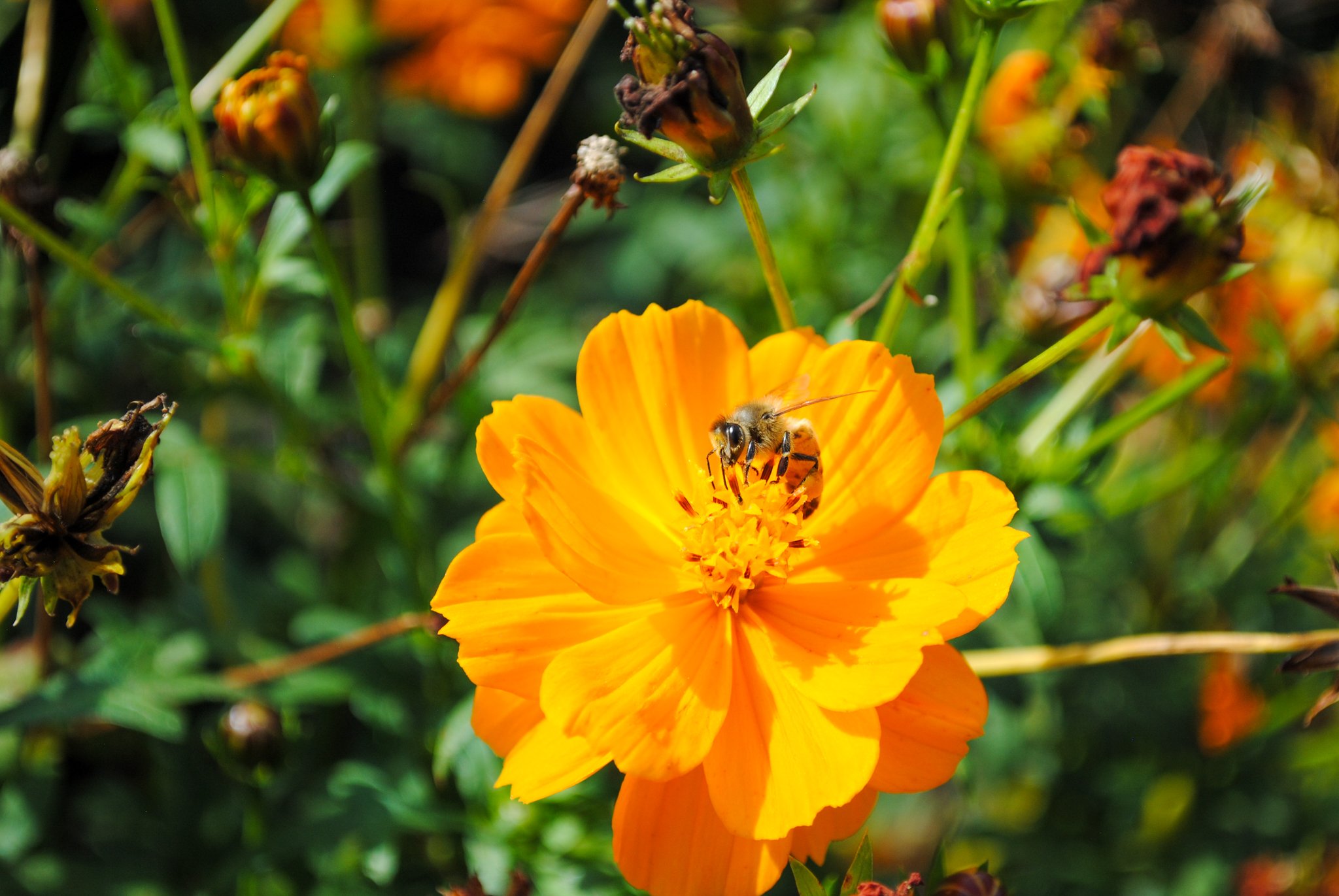
Donate to Support the Beauty of Centennial Park
Discover how donors and members can help sustain the natural beauty of our urban oasis.
GALLERY
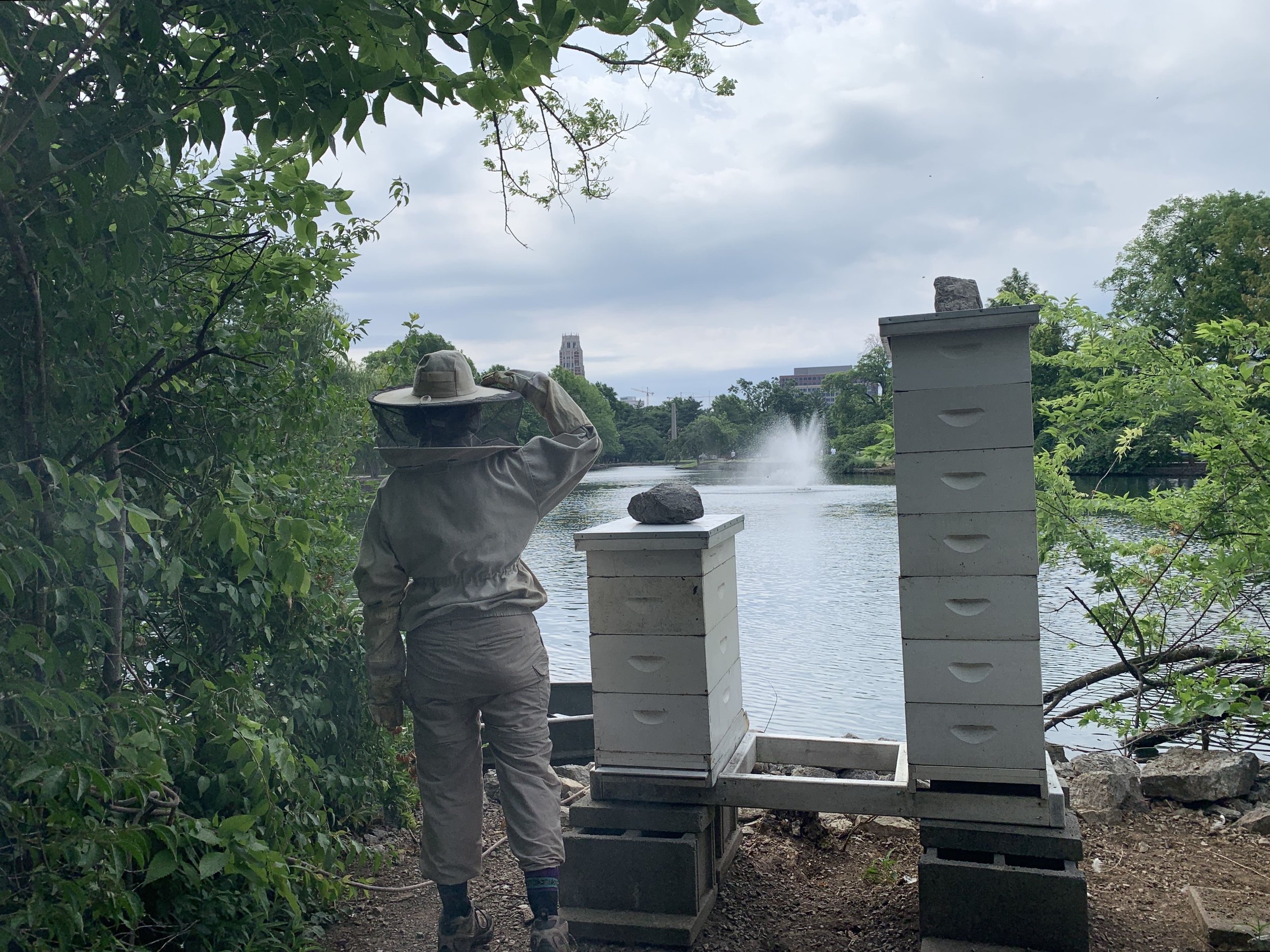
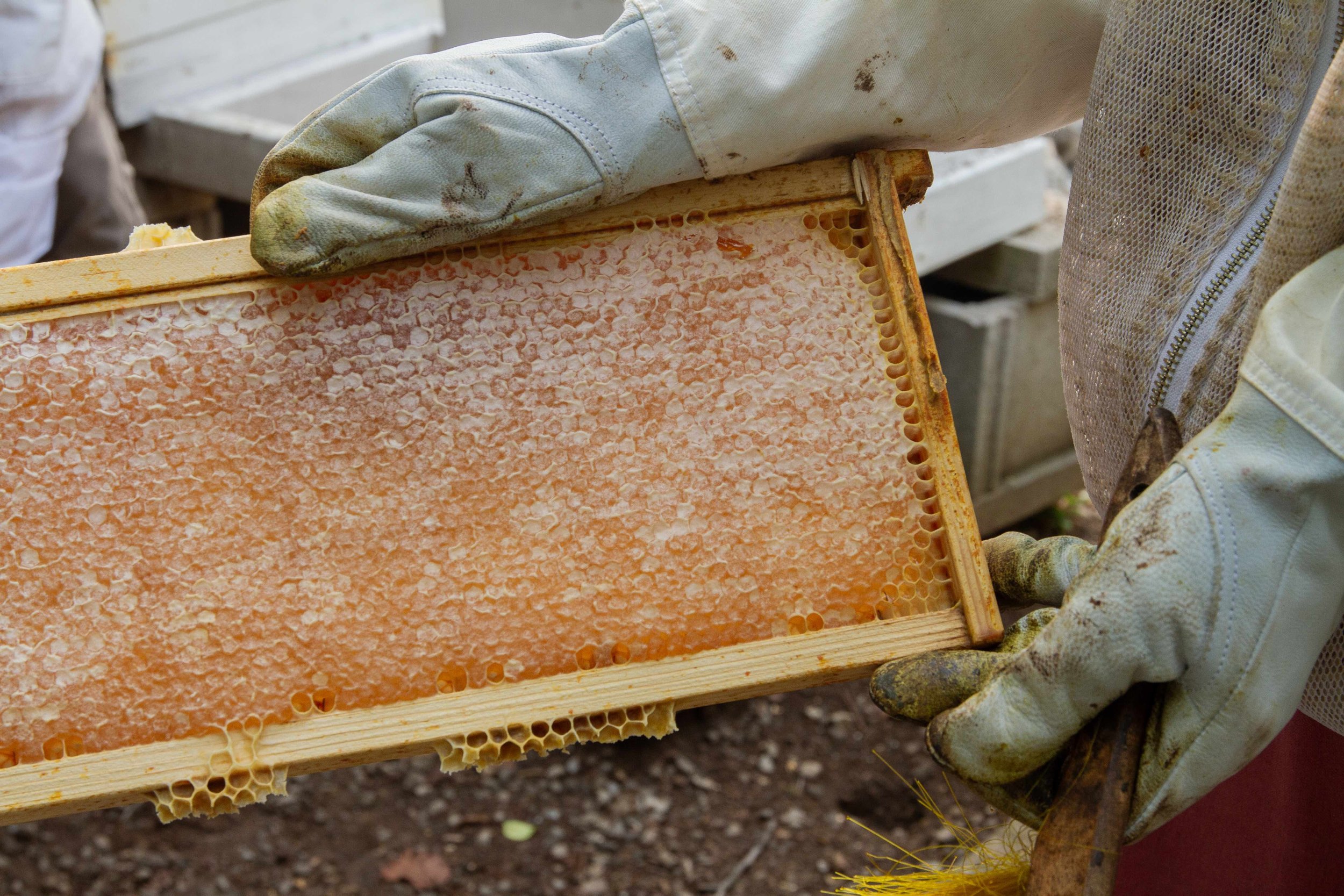
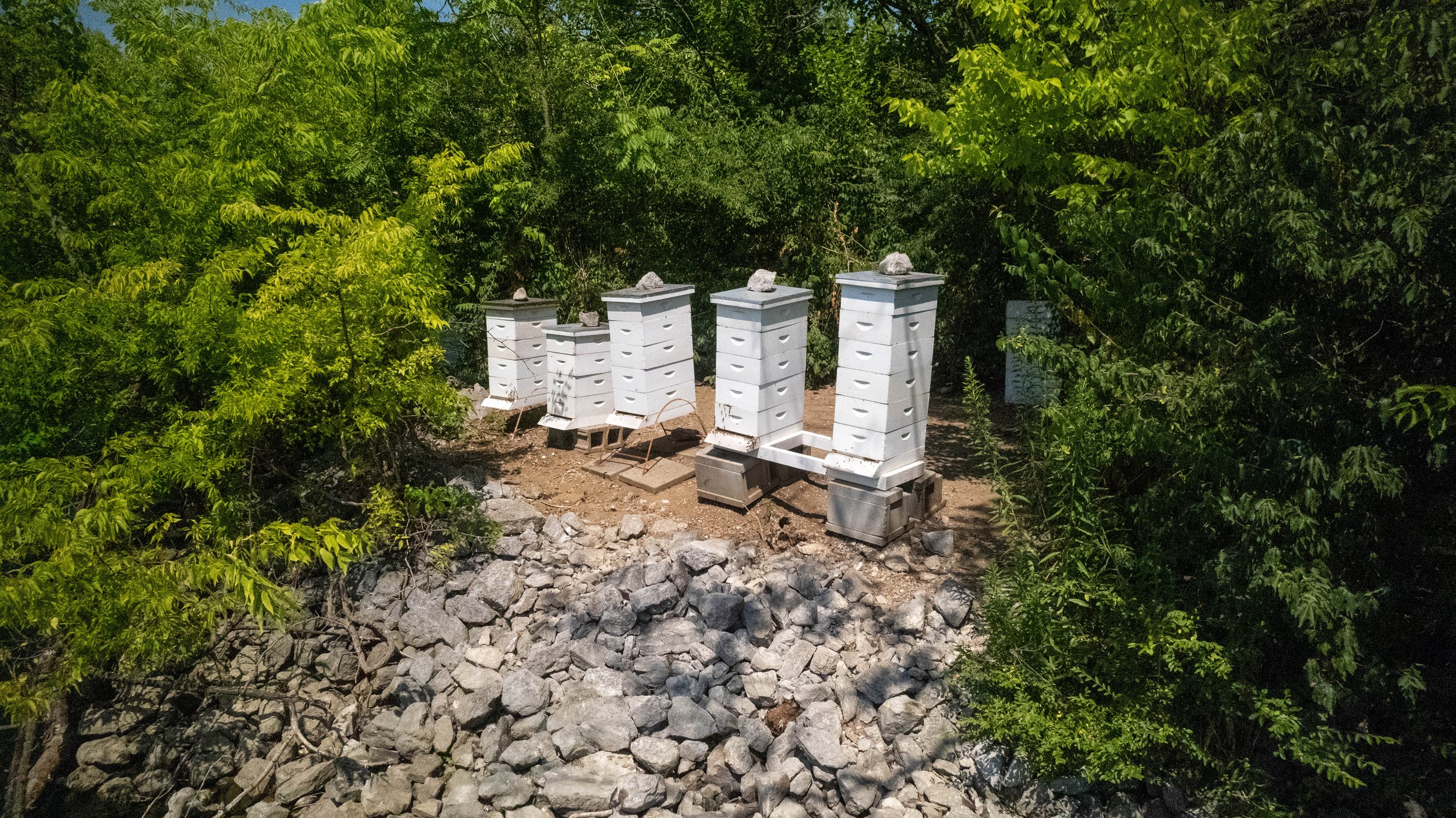
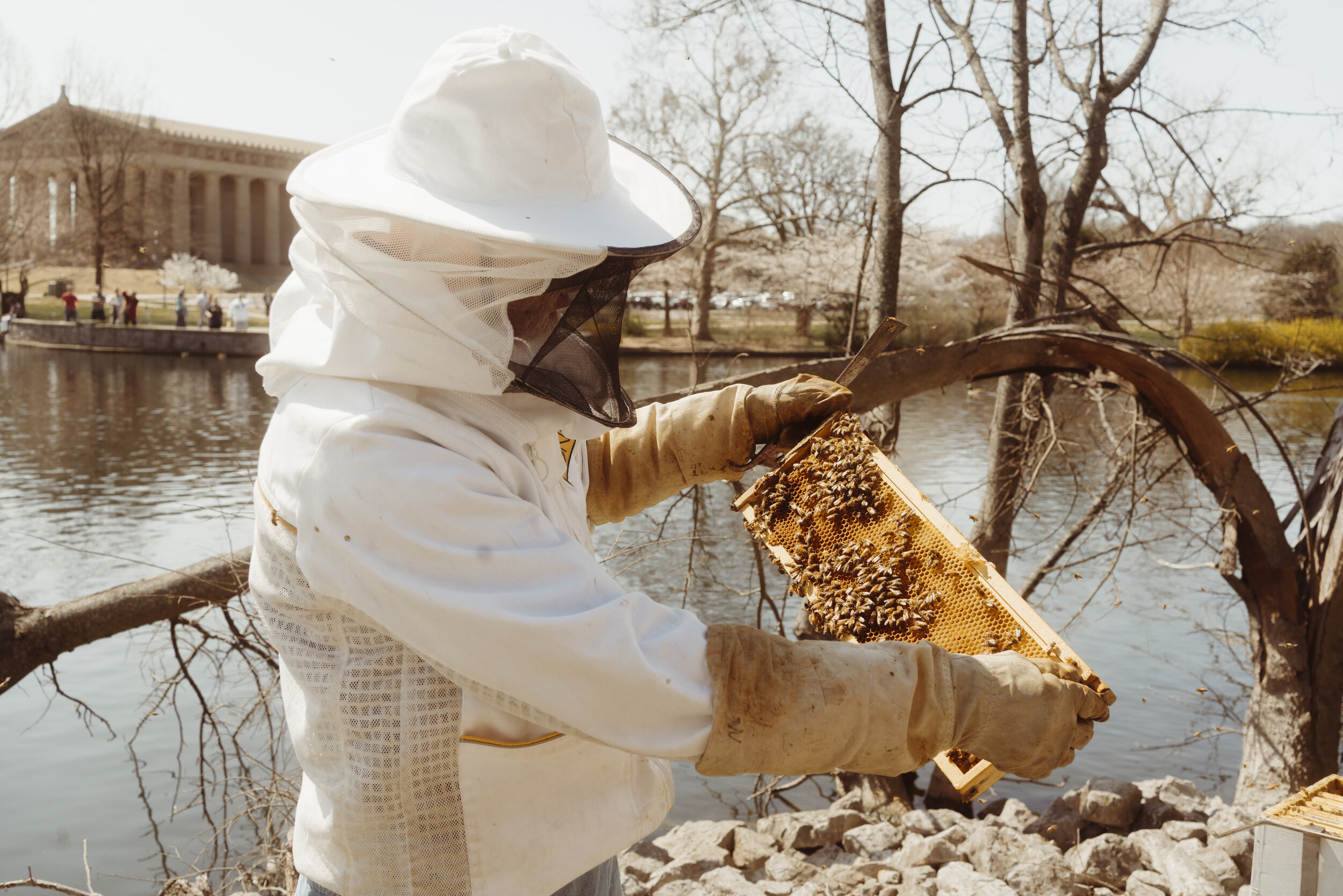
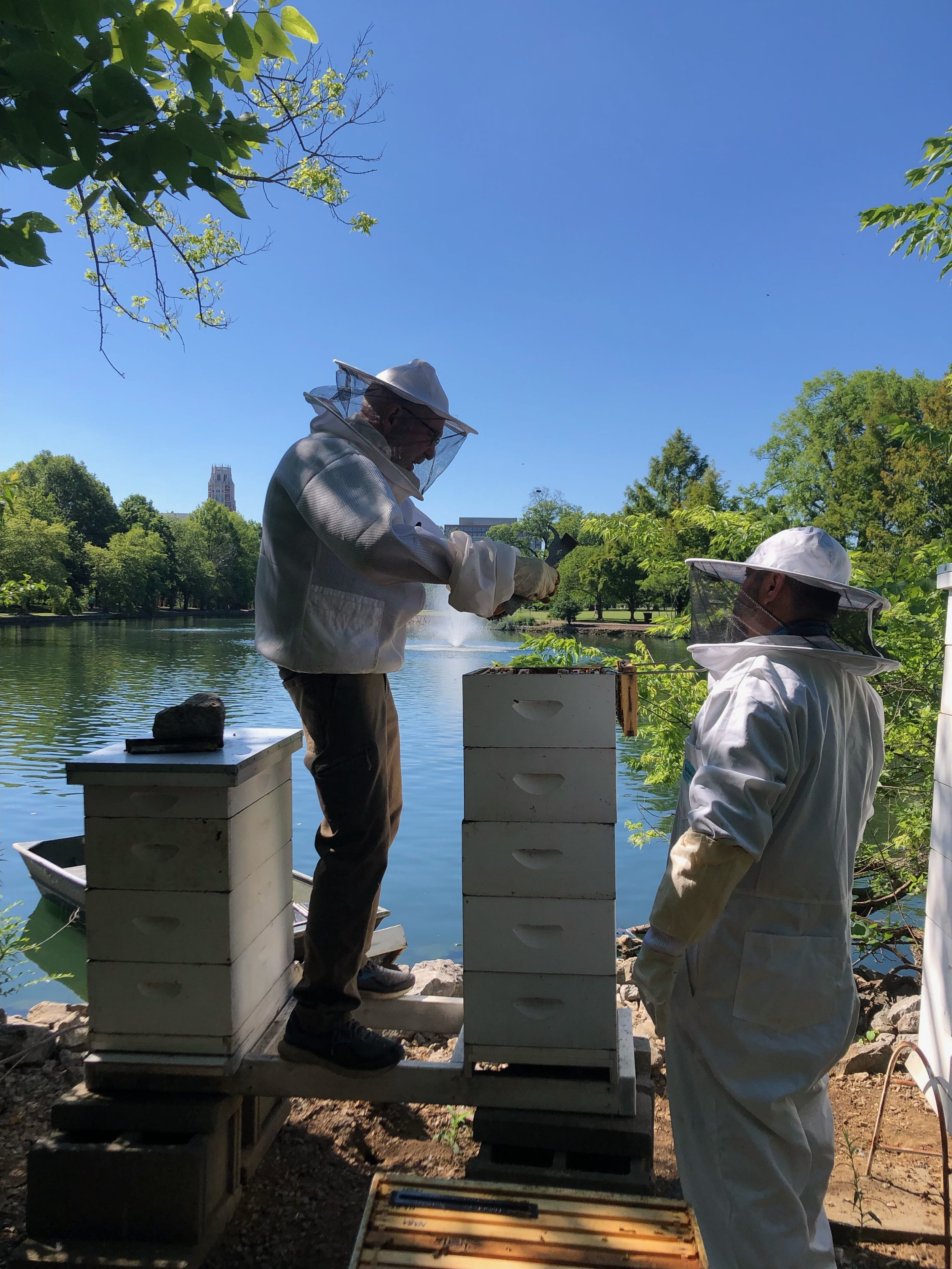
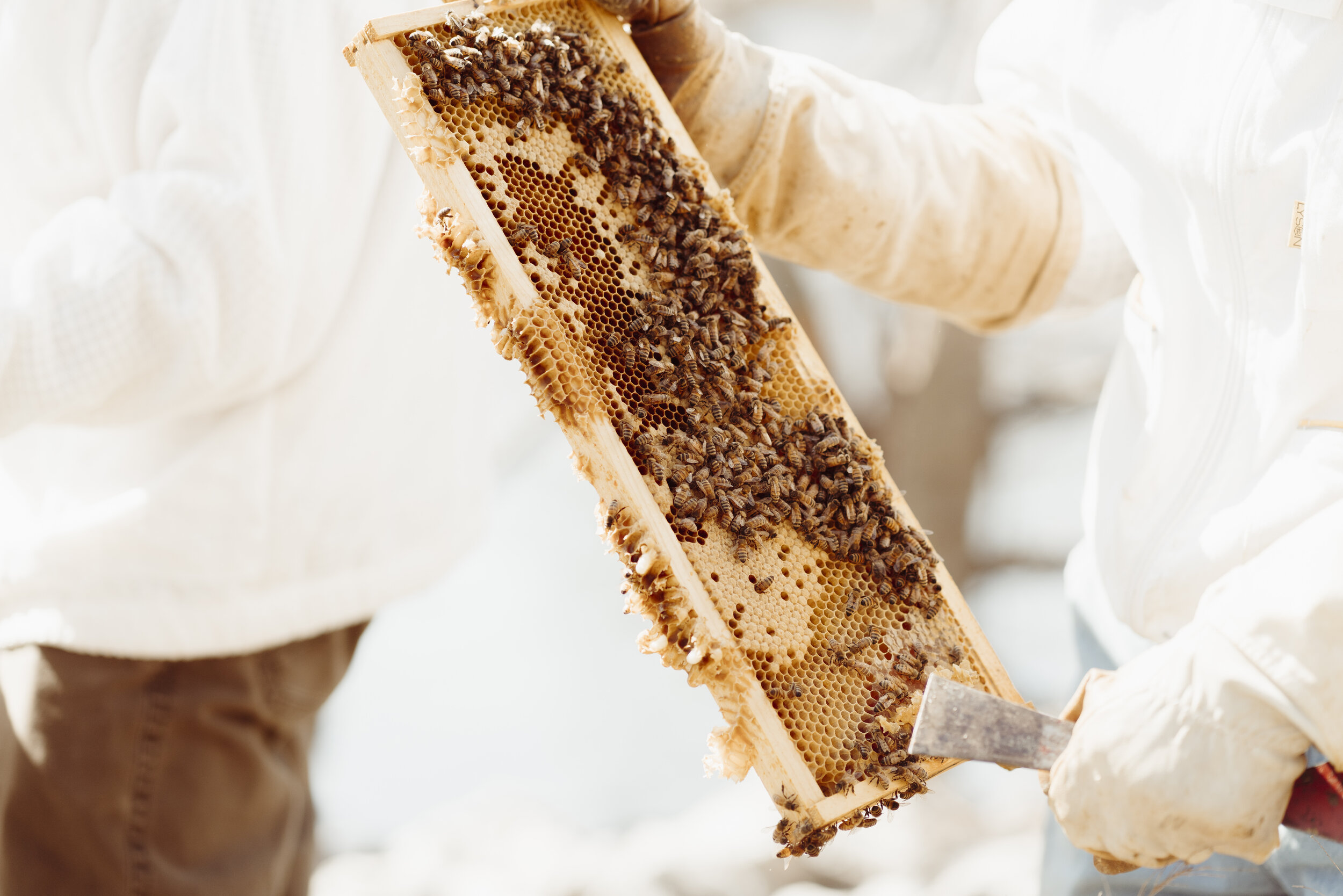
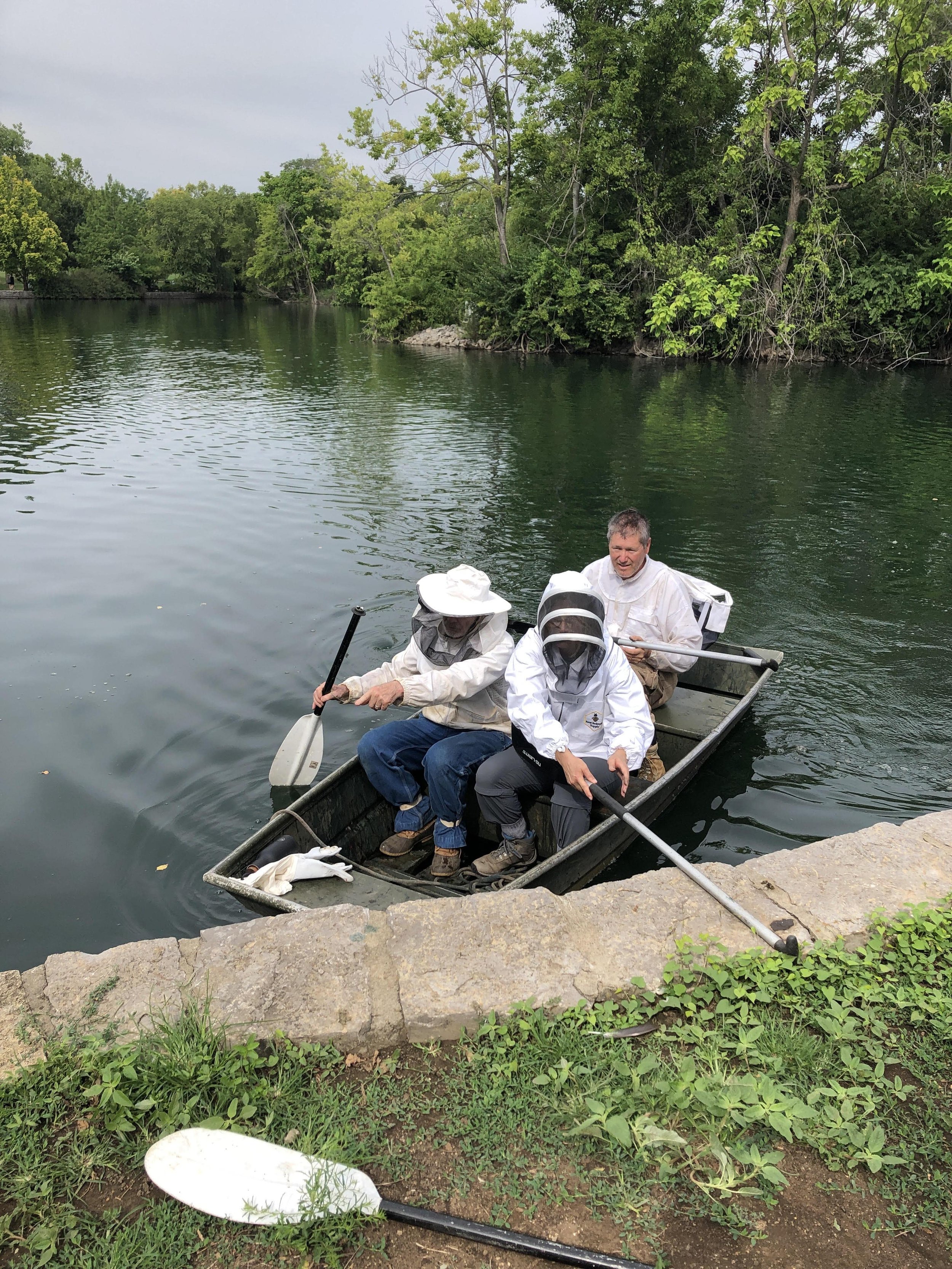
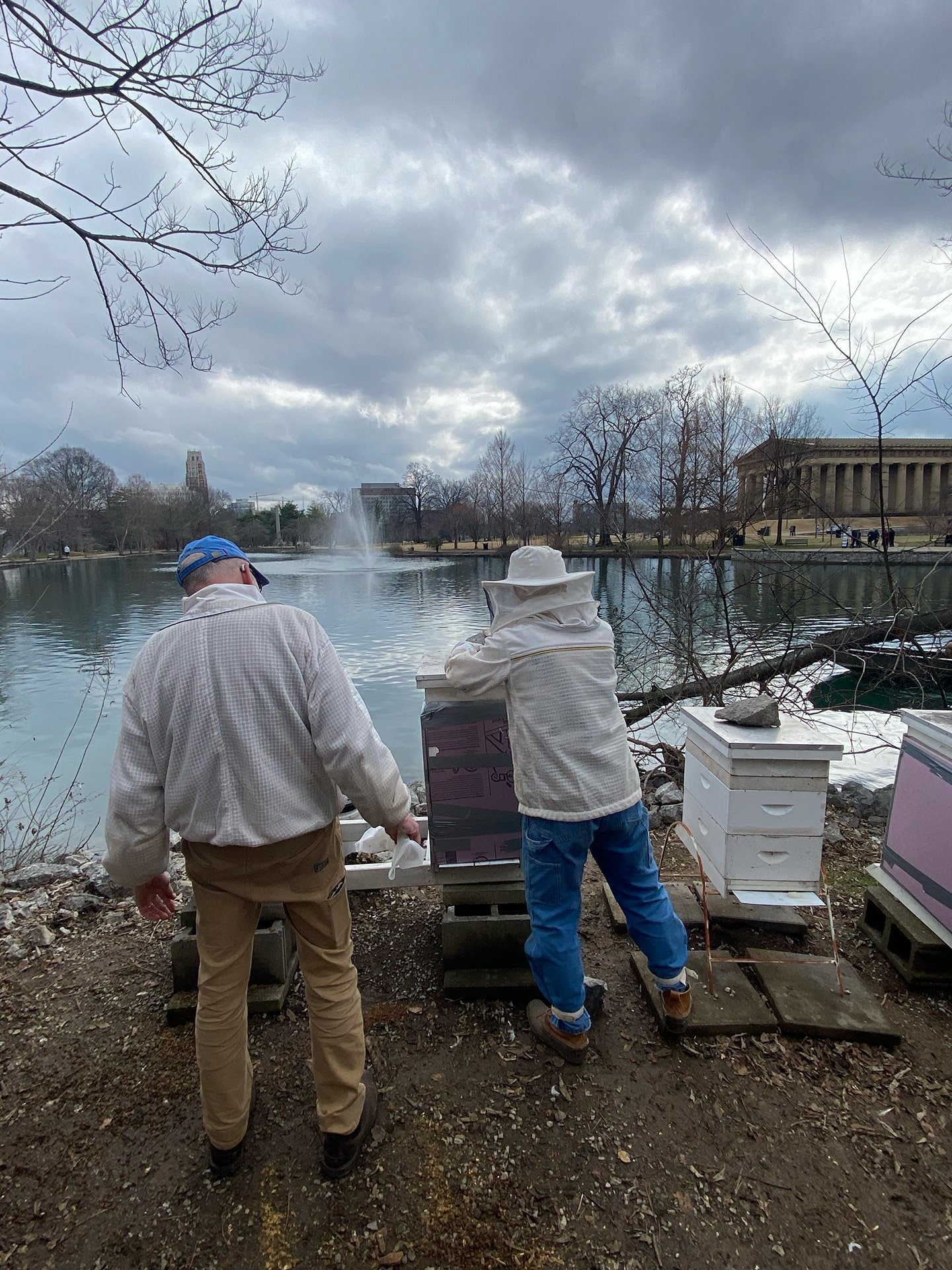
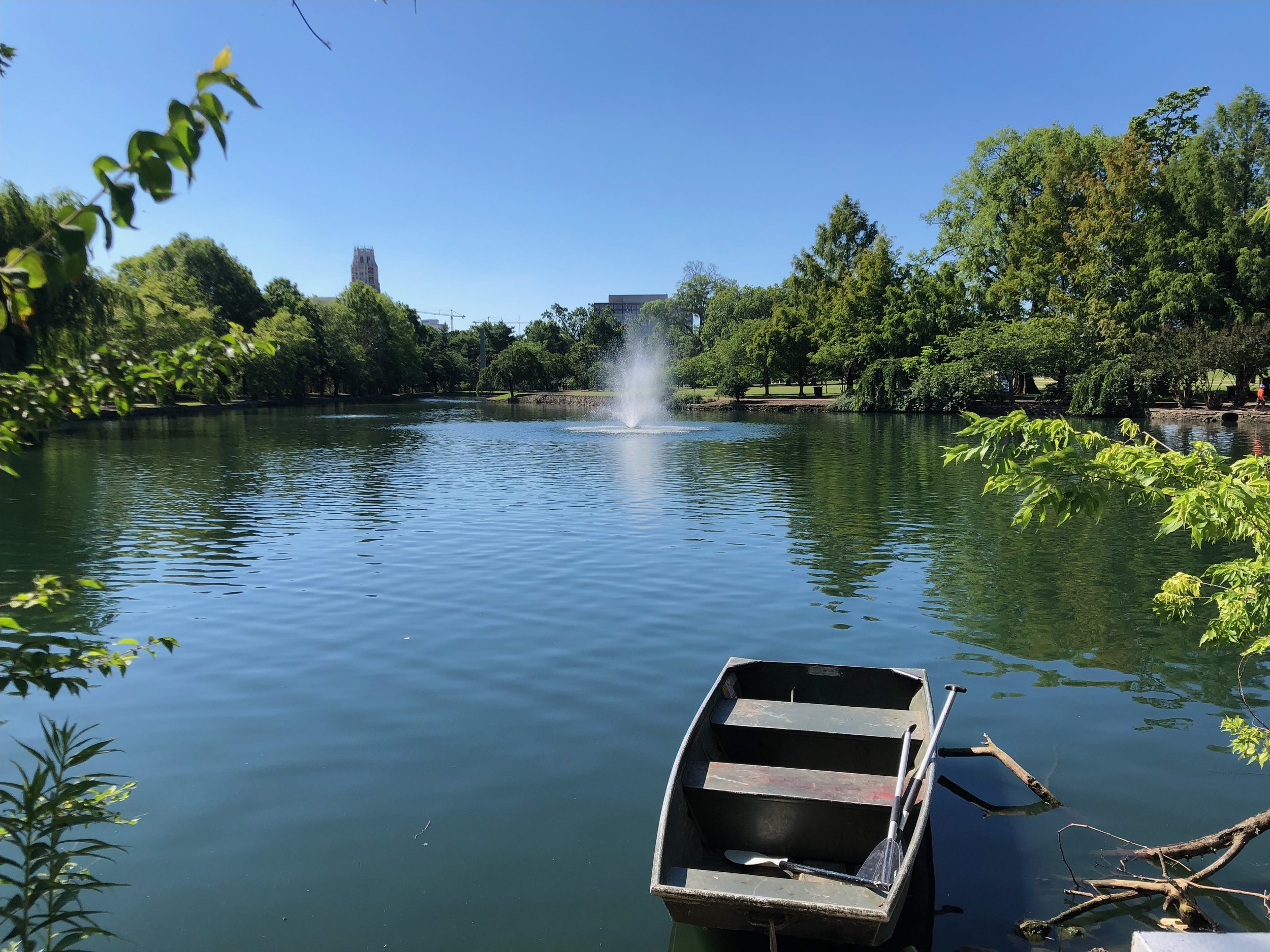
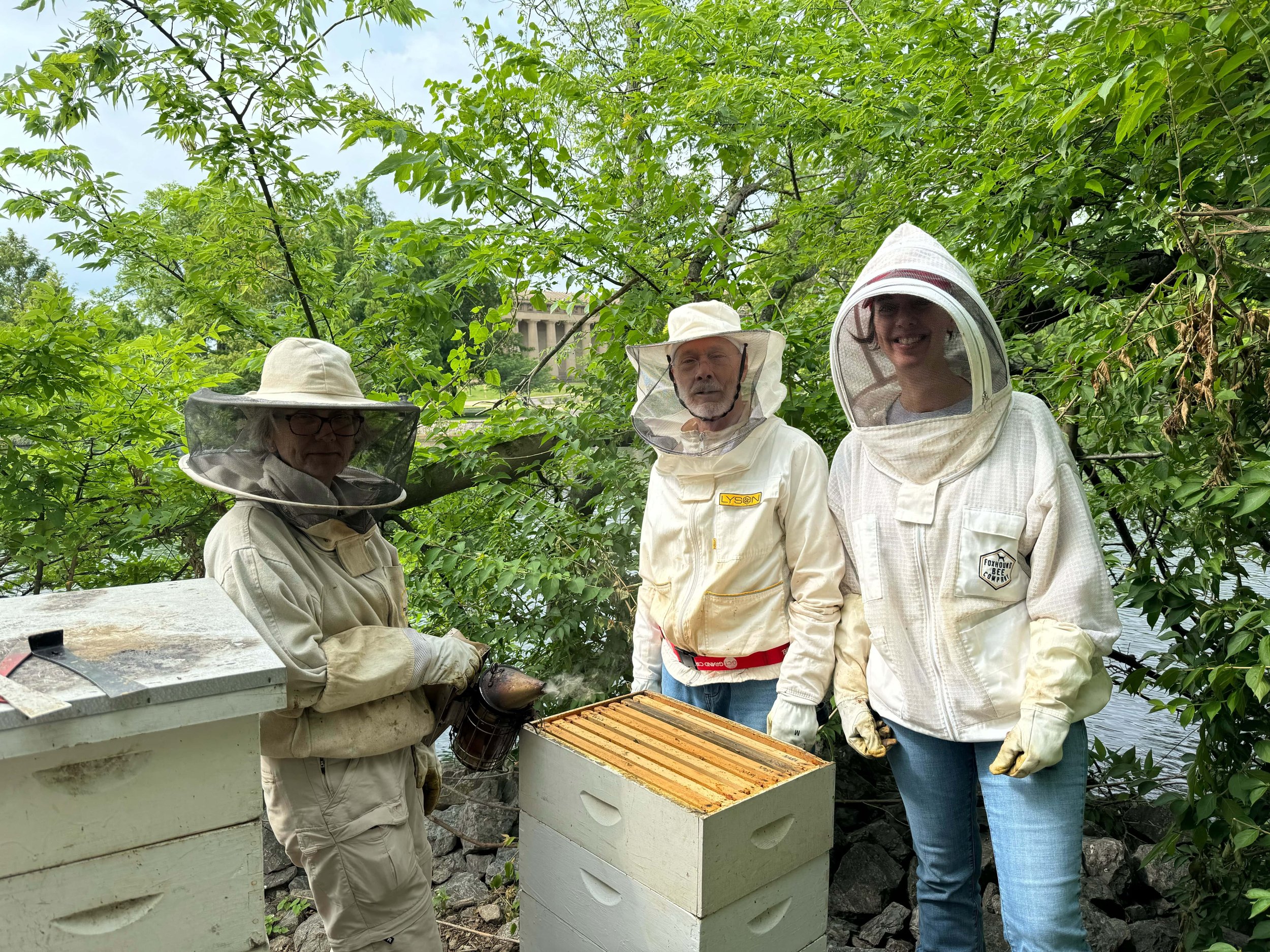
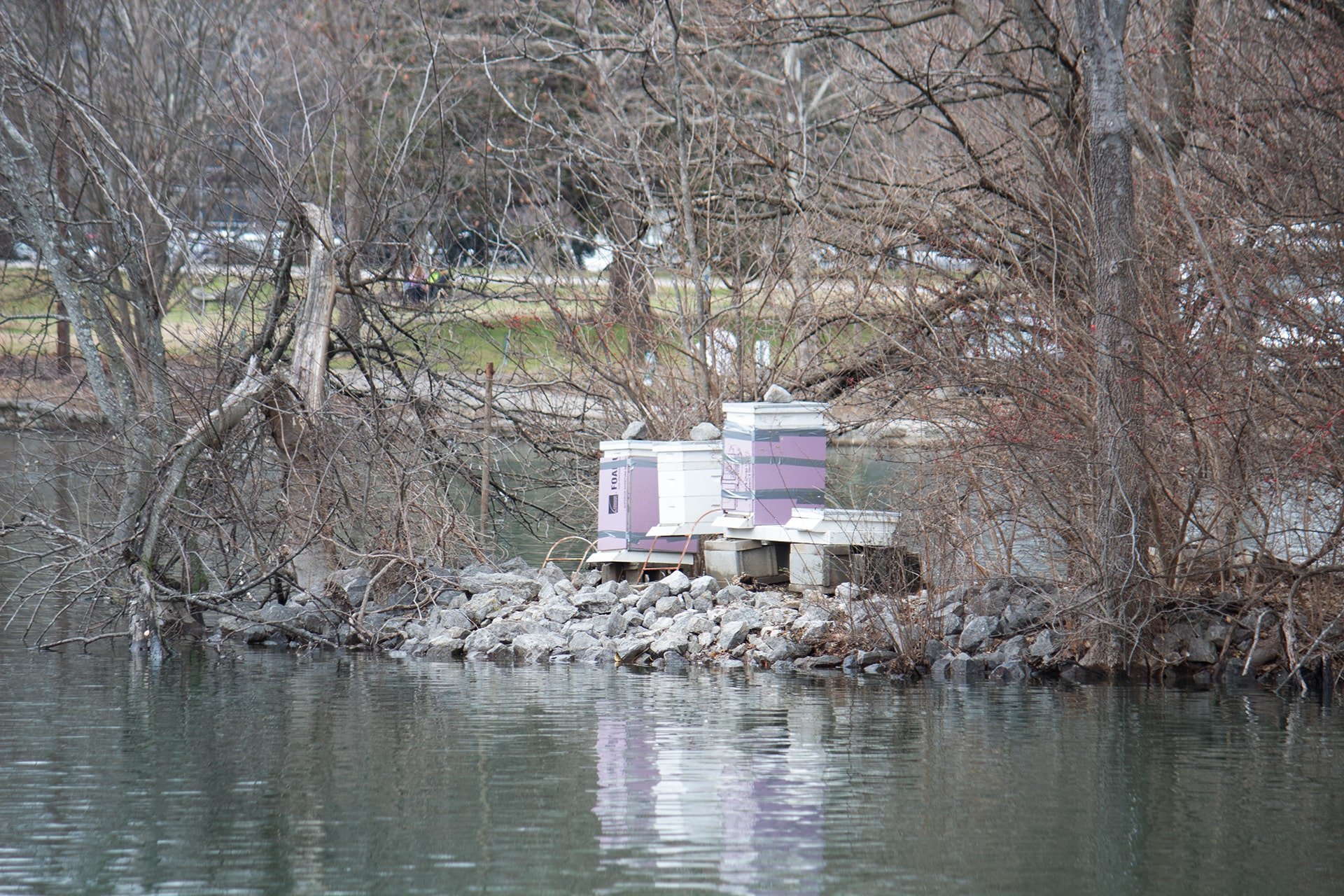
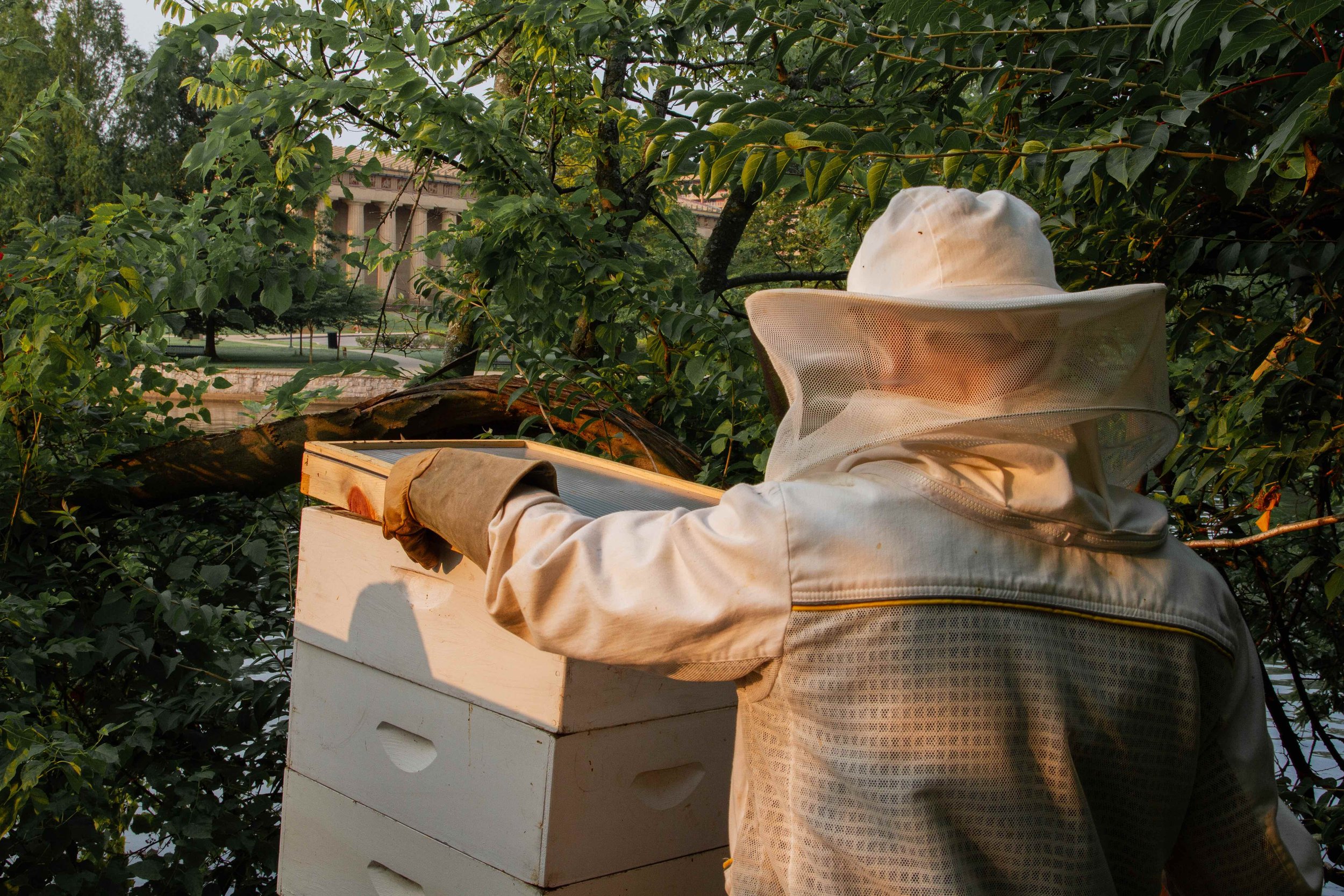
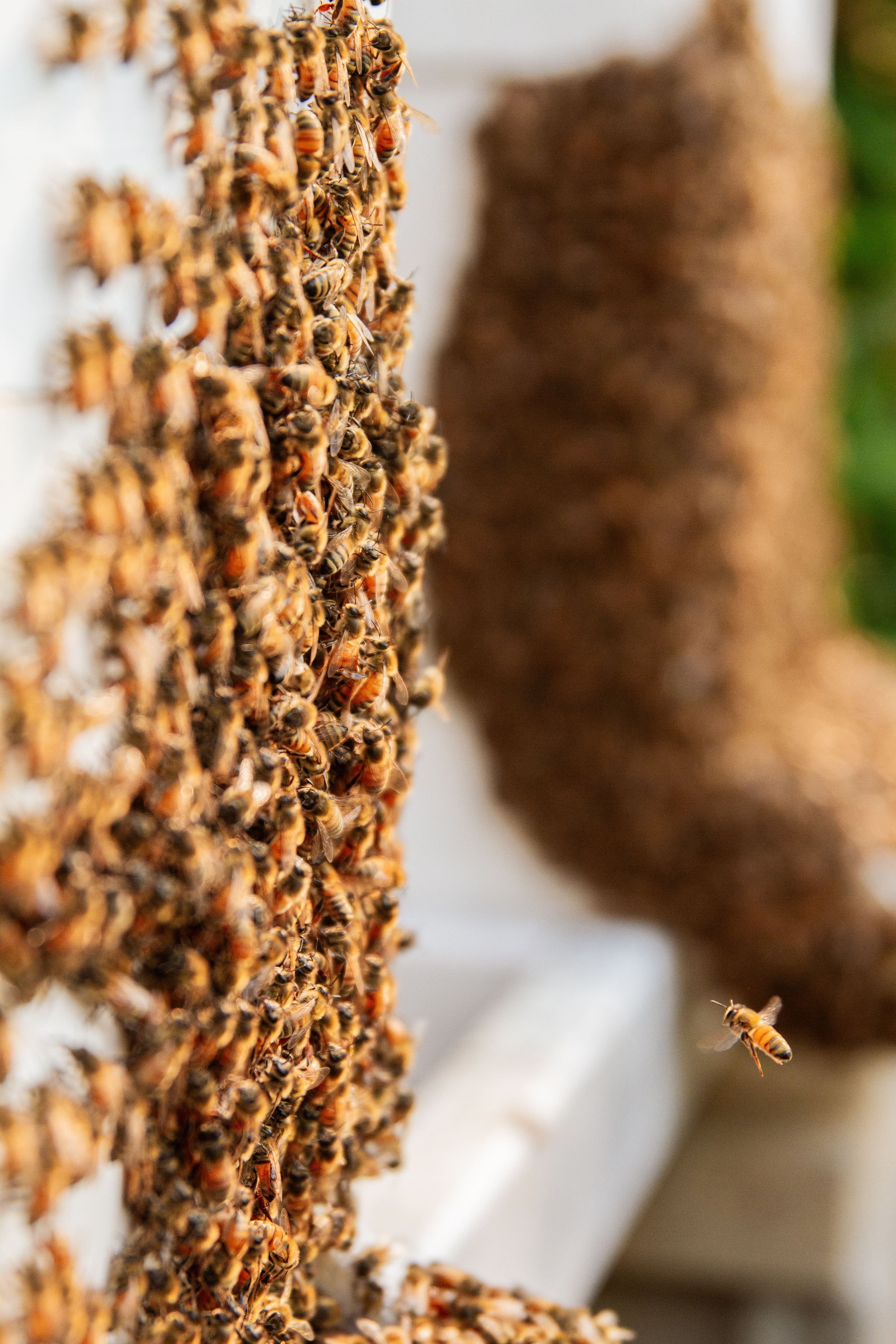
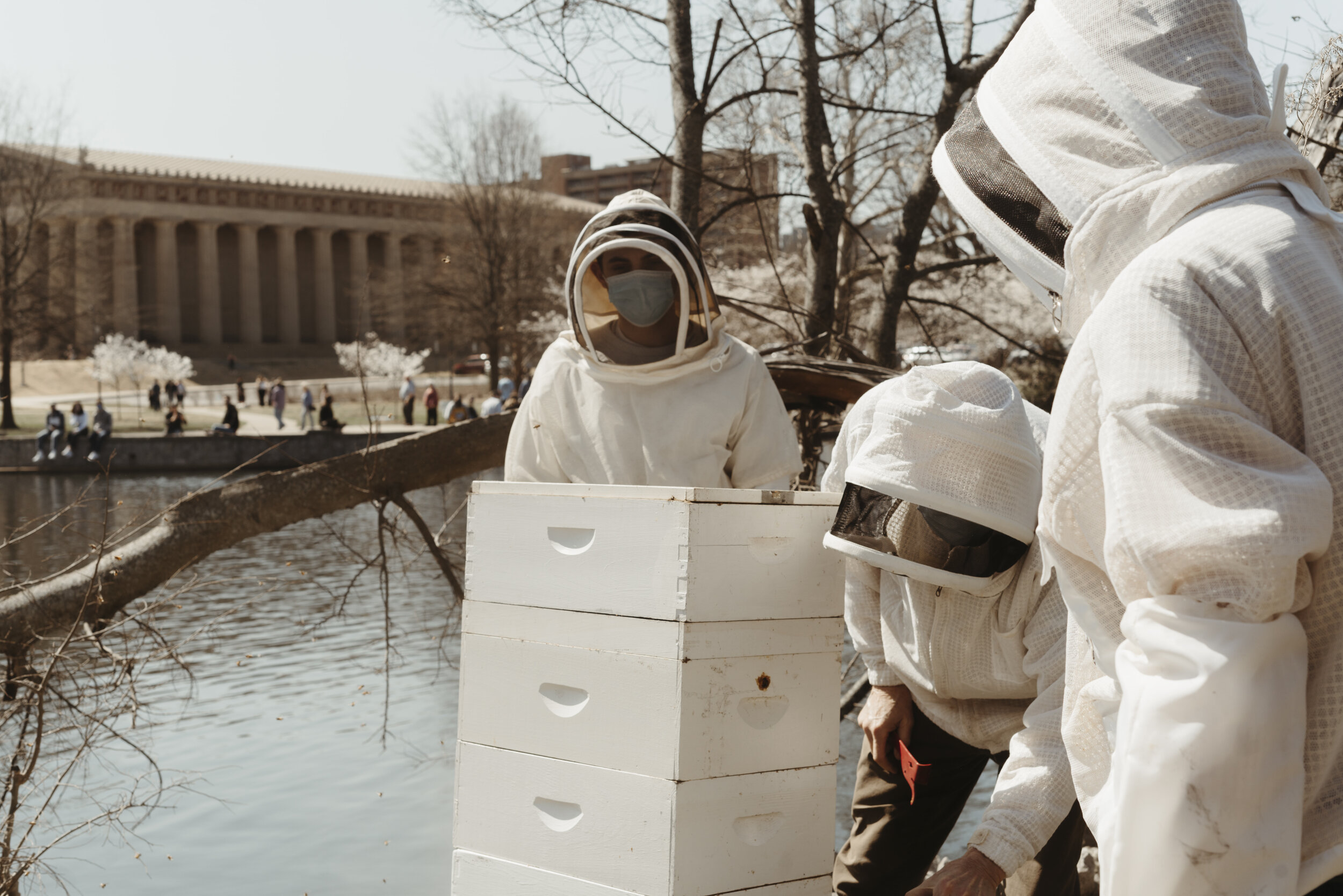
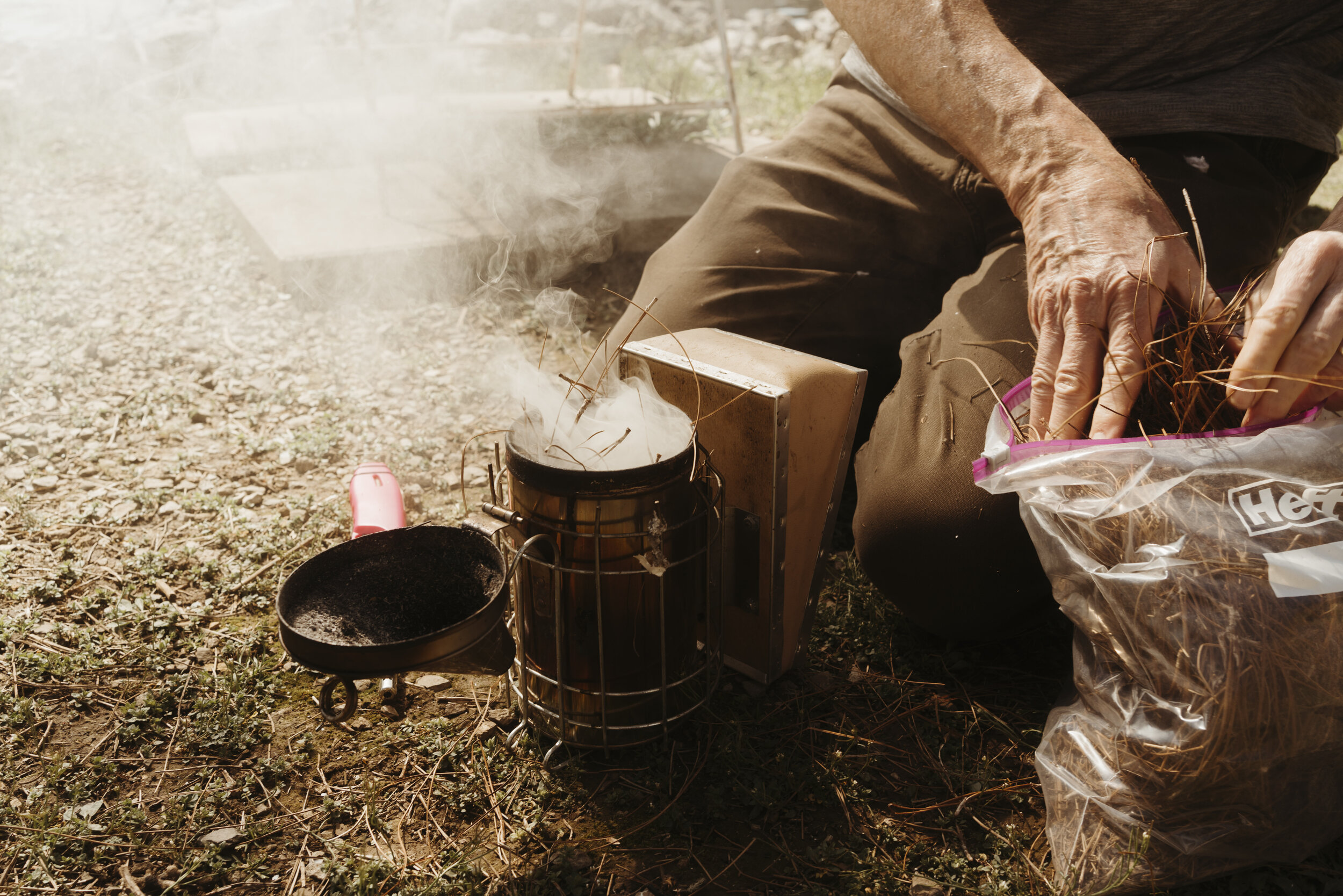
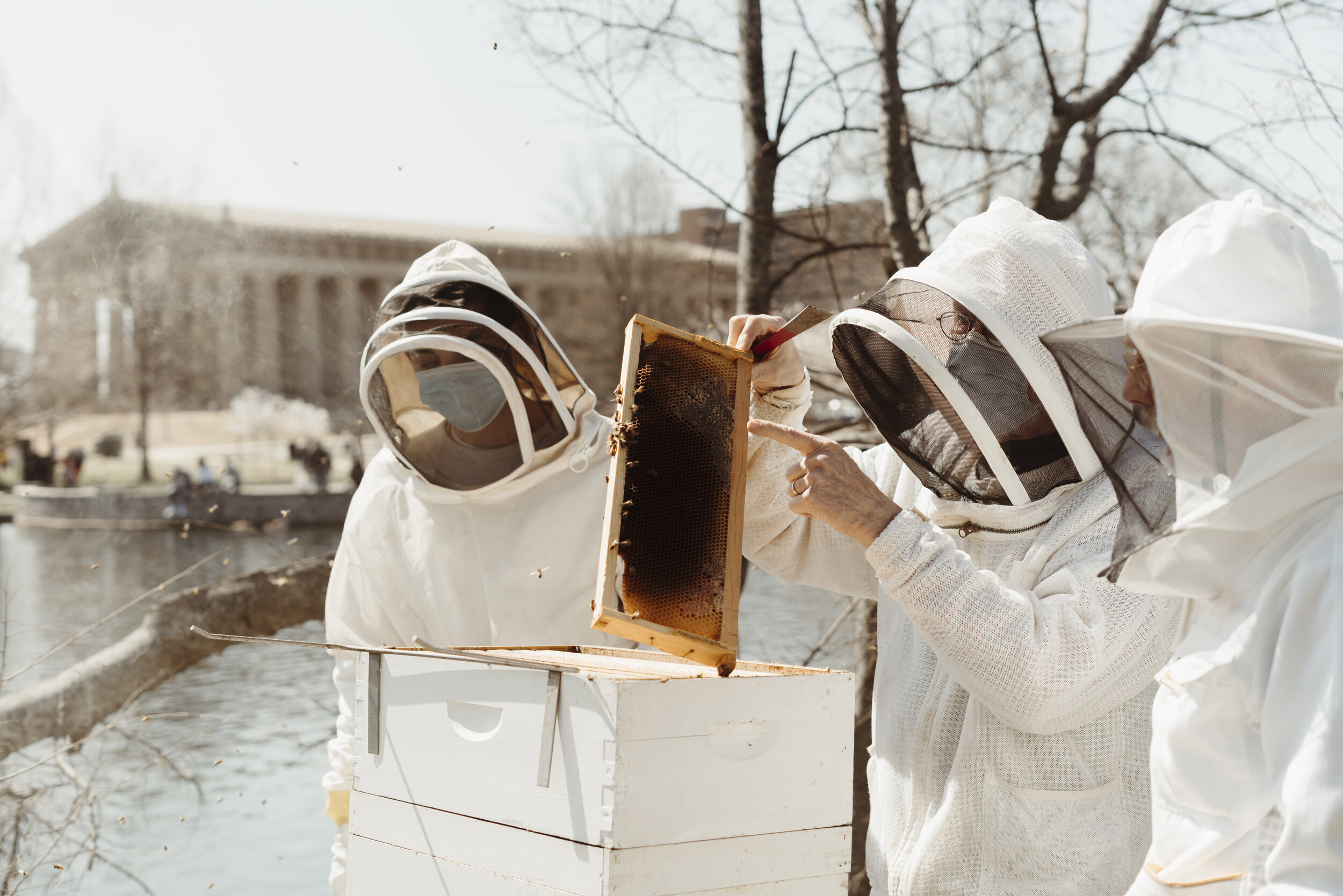
IN APPRECIATION
Special thanks to Tim Netsch and Tara Armistead for introducing the bees to Centennial Park and to Metro Parks for funding their initial care. Thanks to the many generous individuals who devote their time to care for Centennial Park's bees, including Dr. Seth Cooper, Dr. Deb Lannigan, Tara Armistead, Quick Foy, and Dr. Andrea Pruijssers. Thanks also to Nashville Earth Day for funding the ongoing care of Centennial Park’s bees.
LEARN MORE ABOUT BEEKEEPING
The Nashville Area Beekeepers Association is a dedicated group of beekeepers in the Nashville area who are eager to encourage and equip those interested in beekeeping. Their goals are to recruit & train beekeepers, educate the public, and be of public service.







